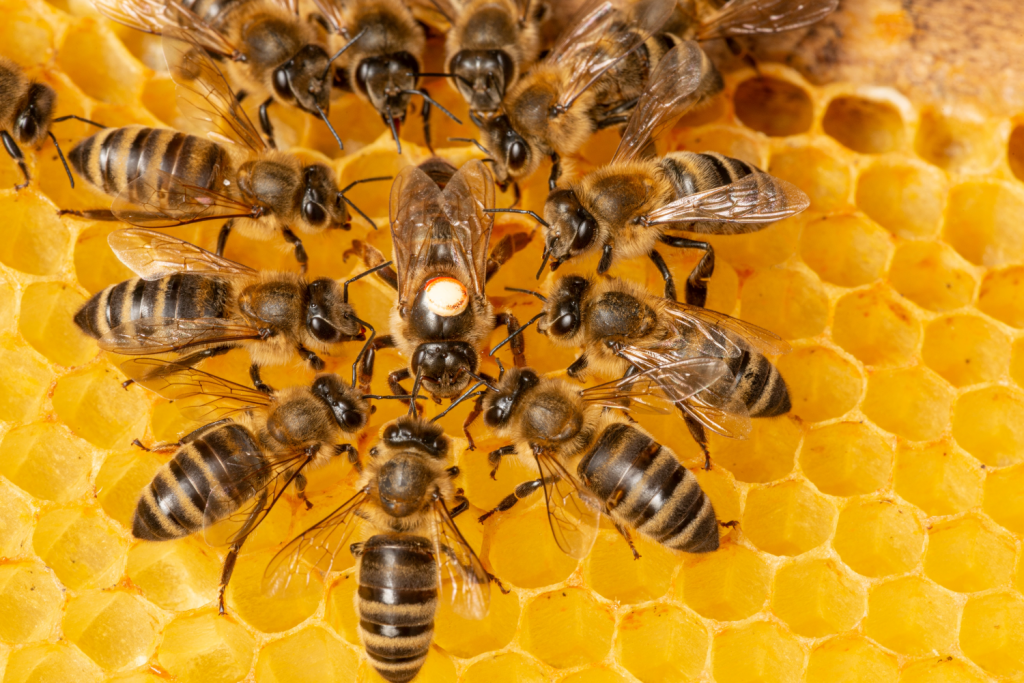Children’s emotional worlds are vast and complex and they see more than we realize. Here are some lessons they’ve taught me as a child psychologist.andresr/Getty Images
Ask a Child Psychologist is a series of columns offering insights and advice on navigating youth emotional and mental well-being. It is not a substitute for professional psychological or medical advice.
I still remember one of the first children I met early in my career. She was six years old, small for her age, but unusually insightful. When I asked how she was feeling, she said, “I feel like my insides are crying, but nobody can hear them.” That moment stayed with me – it was the start of something far deeper than a career; it became my life’s work.
More from Dr. Roberts: Is your kid sad about school ending? Here’s how you can support them
Over the past three decades, I’ve had the privilege of sitting with thousands of children – in school offices, clinic rooms, hospital wards and even online. I’ve heard their hopes, fears, secrets and surprisingly profound observations about life. They’ve taught me lessons that I could never have learned in graduate school. One of the greatest honours of my career has been the opportunity to follow some children through their developmental journeys and to witness how their stories unfold over time. Today, I even see the children of the children I first met early in my career. I affectionately call these second-generation clients my “grand-patients.” This continuity – this rare and deeply meaningful aspect of my work – reminds me every day why I’m so committed to supporting children and families across generations.
Here are seven lessons I’ve learned along the way:
1. Children are inherently good
When children act out or misbehave, it’s a sign that something in their world isn’t right. Children experience emotions in a raw, unfiltered way. They don’t always understand what they’re feeling, and especially at younger ages, they often lack the words to express it. It’s crucial that we remember: They aren’t trying to give us a hard time – they’re having a hard time.
2. Their emotions run deep
Children’s emotional worlds are vast and complex. The loss of a pet, a friend moving away, or being bullied by peers can leave lasting emotional scars. While their reactions may seem brief or minor, the grief and confusion behind their tears are very real. In these moments, what they need most is for us to pause, acknowledge their feelings and sit with them without rushing them through the process.
3. Emotional safety is everything
Trust isn’t something children give simply because we ask for it; it must be earned. Children open up when they feel safe, seen and respected. I once worked with a young boy who refused to speak for weeks. I didn’t pressure him. I showed up with consistency, warmth and patience. One day, out of nowhere, he leaned in and whispered, “Can I tell you something?” That moment reminded me that emotional safety is the gateway to every meaningful connection.
4. Children see more than we realize
Children notice how adults treat one another. They feel the tension in the air. They pick up on body language, whispers and unspoken words. Even before they have the words to describe what they’re experiencing, they absorb the emotional atmosphere around them. I once asked a five-year-old girl why she had drawn her family with one parent standing far away. She replied, “That’s the one who yells all the time. I wish they would stand over there.” We often think we’re shielding them, but they already know.
5. Listening can be life-changing
Some of the most transformative moments came from simply giving a child the space to speak. I’ve witnessed withdrawn, anxious children come to life when someone genuinely listens without judgment. One teen told me, “You’re the first adult who didn’t tell me how I should feel.” That kind of listening – without trying to correct or lecture them – is a gift every child deserves.
6. What children need most isn’t complicated
In a world full of parenting books, apps, and social media advice, children’s needs remain simple and timeless: love, consistency, time and connection. One child told me, “I don’t need more stuff. I just want my mom to stop checking her phone when I talk.” That one sentence says it all.
7. Children are resilient – and we can foster that resilience
Even when life is hard, children often find ways to adapt, recover and grow. When they face challenges – like school struggles, loss or problems with friends – our job is to support them. By creating a safe space, helping them solve problems and teaching them how to manage big feelings, we can build on the resilience they already have.
These 40,000 conversations have shaped both my life and my work. They’ve taught me that childhood is sacred, that children carry a quiet wisdom we too often miss, and that the greatest gift we can offer is our presence. Our role isn’t to shield them from hardships, but to help them uncover their own strength to persevere, to learn from missteps and to move forward with courage and confidence.
Dr. Jillian Roberts is a research professor of educational psychology at the University of Victoria. She is also a practicing registered psychologist in British Columbia, Alberta and the Northwest Territories. She specializes in child and adolescent development, family therapy and inclusive education.












